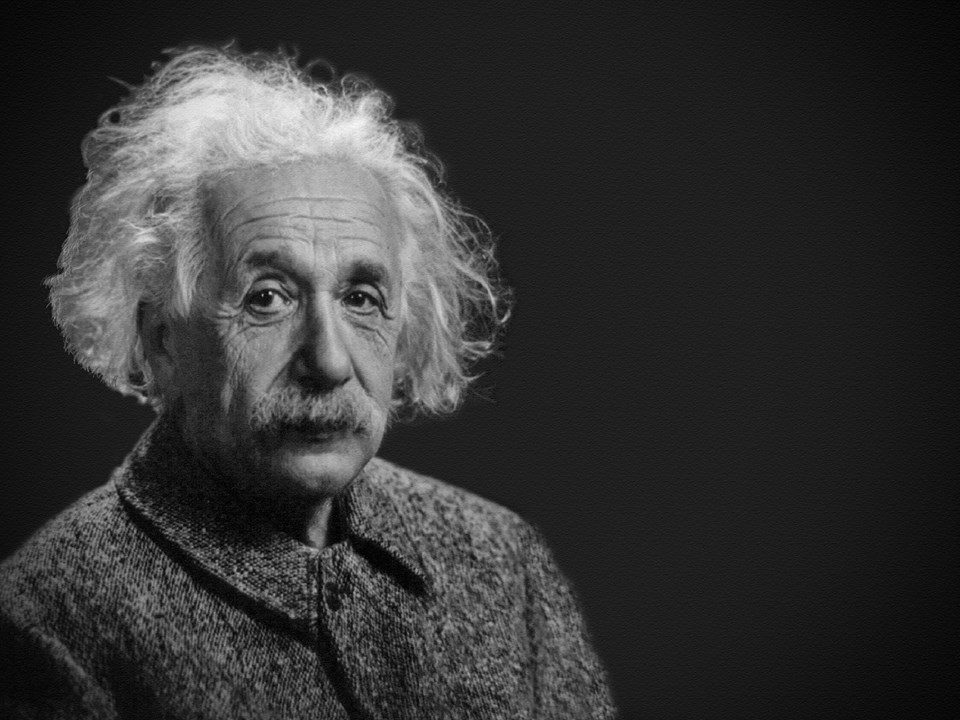I was recently watching the series Genius, about the life of Albert Einstein.
There is a line from the show that resonated (although it is quite likely made up, it does reflect the resistance to Einstein's ideas when he first proposed them)
in which he is informed that "science focuses on facts that can be measured, not imaginations".
During this time, there was data starting to be produced that didn't fit in with Newton's laws. This data was usually explained away so that Newton's laws could be retained, or excluded from data samples.
Einstein's overturning of laws that described physics, especially his theories on relativity were essentially formulated by looking at what data that was excluded and asking why. A lot of his theory stems from the simple thought experiment:
If I'm in deep space with nothing around, and I'm travelling at the speed of light, is the light beam adjacent to me moving? If it isn't, then what has changed? Mass? Time?
And thus a theory was born, that in some of its permutations, has only had physical measurements 100 years after its development.
The key was that Einstein spent a lot of time thinking. Much of his scientific work sprung from deep philosophical introspection not only about physics but about science itself.
Concepts that have proven useful in ordering things easily achieve such an authority over us that we forget their earthly origins and accept them as unalterable givens. Thus they come to be stamped as “necessities of thought,” “a priori givens,” etc.
"The path of scientific advance is often made impassable for a long time through such errors. For that reason, it is by no means an idle game if we become practiced in analysing the long commonplace concepts and exhibiting those circumstances upon which their justification and usefulness depend, how they have grown up, individually, out of the givens of experience. By this means, their all-too-great authority will be broken. They will be removed if they cannot be properly legitimated, corrected if their correlation with given things be far too superfluous, replaced by others if a new system can be established that we prefer for whatever reason." (Einstein 1916, 102)
Why is this relevant to dentistry?
Because we do the same.
We have facts without philosophy. We have things that become "givens". We have people arguing facts and ignoring those times when their facts do not work. We have people who value "facts" over questions. Who think "facts" should not be constantly questioned. Who, perhaps from tiredness, think that many things should become "settled science".
But it shouldn't. Nothing should be sacrosanct. Even if we cannot measure something for 100 years. Measuring something doesn't make it right, or true. I just confirms it.
So philosophy is not second to "science" in dentistry. There should not be less philosophy and more science. If anything, there should be more philosophy in science.
Especially given that "science" is simply a philosophy. A way of thinking. A way of thinking that should be thought about. Constantly poked, disturbed, considered, questioned.
Once you argue the "facts" without doubt you have stopped thinking
I'd love to hear your thoughts about this. What do think? Please comment and if you enjoyed this, please like, share, challenge me ![]() 🙂
🙂






